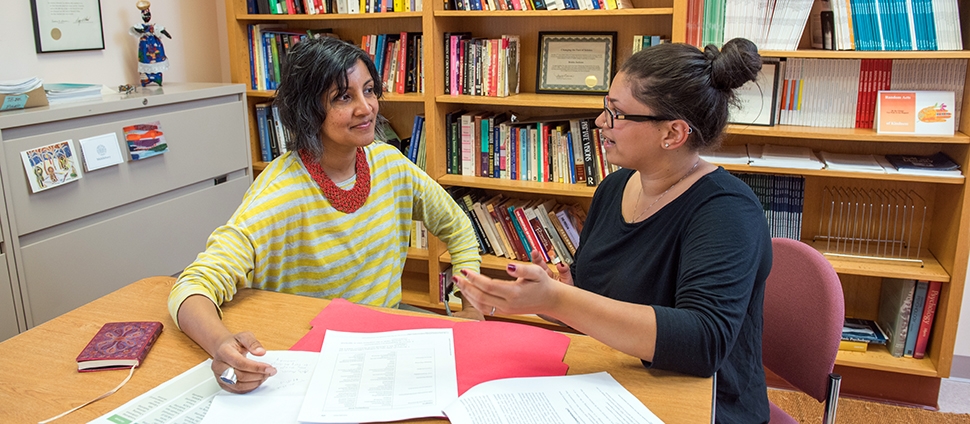Document Type
Article
Publication Date
11-5-2019
Publication Title
Bordón
Abstract
INTRODUCTION: Few studies consider how purpose in life predicts emotions related to community service in college courses even though a purpose in life, a “compass” for finding opportunities to make meaningful prosocial contributions, should motivate students to serve. METHOD: Multilevel structural equation modeling estimated direct and indirect effects of survey responses regarding students’ past service experience, sense of purpose, and searching for purpose on their emotional expectations for service-learning before starting. RESULTS: Controlling for age, gender, extrinsic motivation, and characteristics of universities and courses, students’ past service experience and two purpose variables positively related to expected positive emotions toward service work, mediated through both students’ helping identity and intrinsic motivation to serve. Only sense of purpose was associated with higher intrinsic motivation, which was associated with lower expected negative emotions. DISCUSSION: Considering students’ life purpose may stimulate intrinsic motivation and schemas of being a helping person, which could contribute to positive emotions toward community service even before the service work begins.
Keywords
Youth purpose, Service-learning, Postsecondary education, Prosocial behavior
Volume
71
Issue
3
First Page
45
Last Page
62
DOI
doi.org/10.13042/Bordon.2019.70425
Rights
© Sociedad Española de Pedagogía
Recommended Citation
Moran, Seana and Garcia, Randi L., "How Do US College Students' Sense of Life Purpose Relate to Their Emotional Expectations Toward Community Work in Service-Learning Courses?" (2019). Psychology: Faculty Publications, Smith College, Northampton, MA.
https://scholarworks.smith.edu/psy_facpubs/60



Comments
Archived as published.